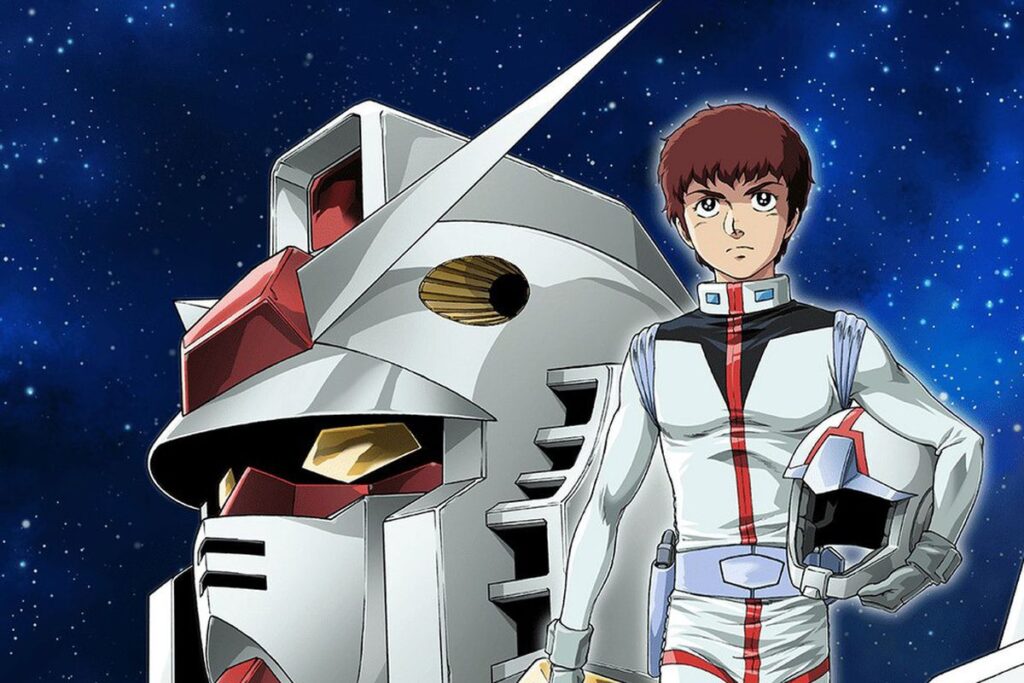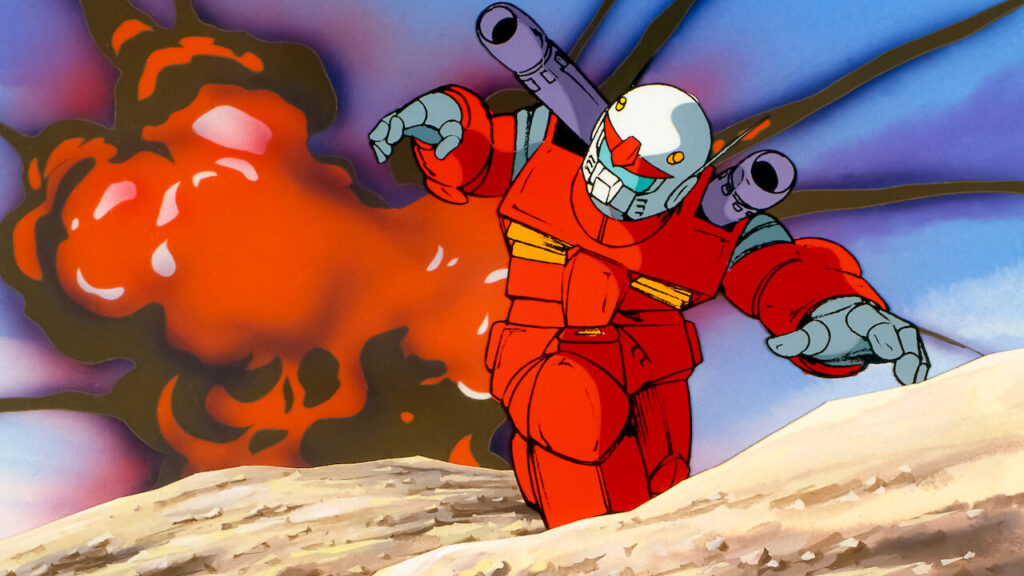Mecha Anime: A Look at The Influence of ‘Mobile Suit Gundam’ on The Genre

Since its debut in 1979, ‘Mobile Suit Gundam’ has left an indelible mark on the landscape of mecha anime, shaping the genre and inspiring countless creators and fans worldwide. With its intricate storytelling, complex characters, and groundbreaking mecha designs, ‘Gundam’ revolutionized the way audiences perceive and engage with giant robot anime.
At its core, ‘Gundam’ explores themes of war, politics, and the human condition through the lens of futuristic warfare and giant humanoid robots known as mobile suits. Unlike its predecessors, which often portrayed mecha as mere tools of destruction, ‘Gundam’ introduced a more nuanced approach, depicting them as extensions of human pilots and vehicles for personal and ideological conflicts.
Also Read: Things The ‘One Piece’ Remake Could Do to Make it Better Than The Anime

One of the key elements that set ‘Gundam’ apart from other mecha anime is its attention to detail in world-building and technology. The series introduced a rich and immersive universe populated by warring factions, each with its history, culture, and motivations.
From the iconic RX-78-2 Gundam to the formidable Zaku II, the series showcased a diverse array of mobile suit designs that captured the imagination of fans and set new standards for mecha aesthetics.

The series pioneered the use of realistic storytelling and character development in mecha anime. Instead of relying solely on action-packed battles, the series delved into the psychological and emotional struggles of its characters, exploring themes of trauma, redemption, and the human cost of war. Protagonists like Amuro Ray and Char Aznable became iconic figures in the world of anime, their struggles and triumphs resonating with audiences on a deeply personal level.
Beyond its impact on storytelling and character development, ‘Gundam’ also played a pivotal role in popularizing the mecha genre outside of Japan. With its international success, the series sparked a wave of interest in giant robot anime, paving the way for other iconic franchises like ‘Macross,’ ‘Evangelion’ and ‘Code Geass.’








